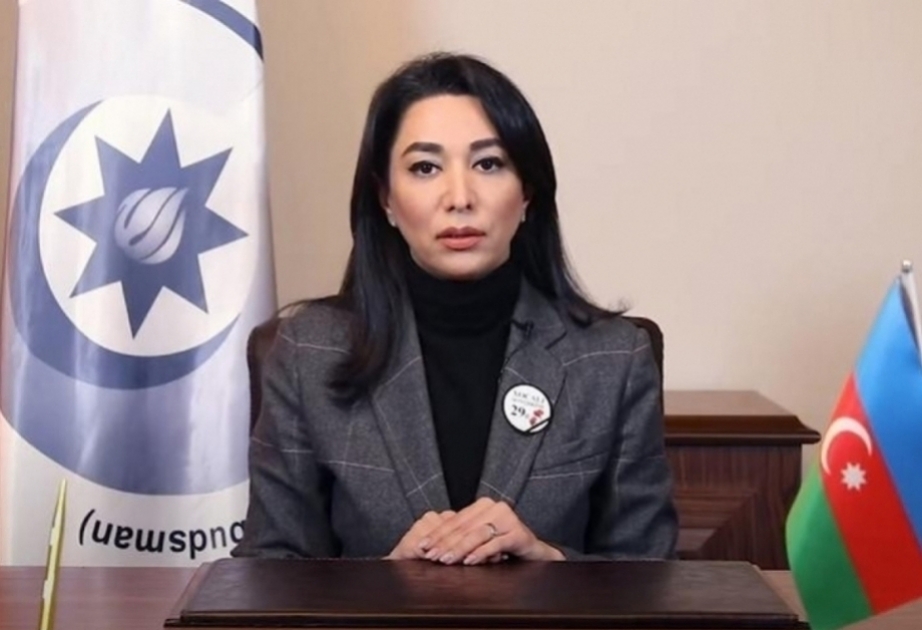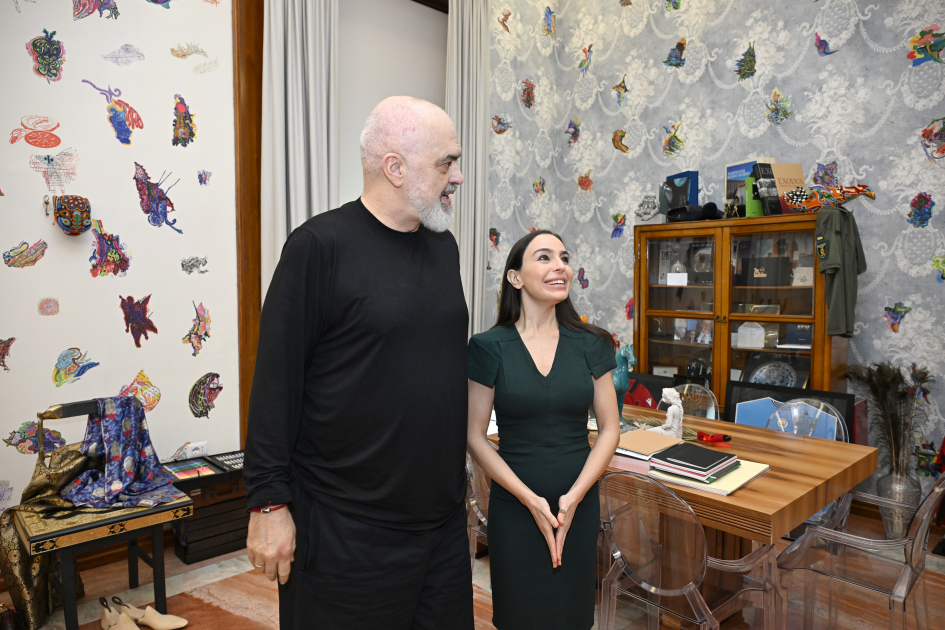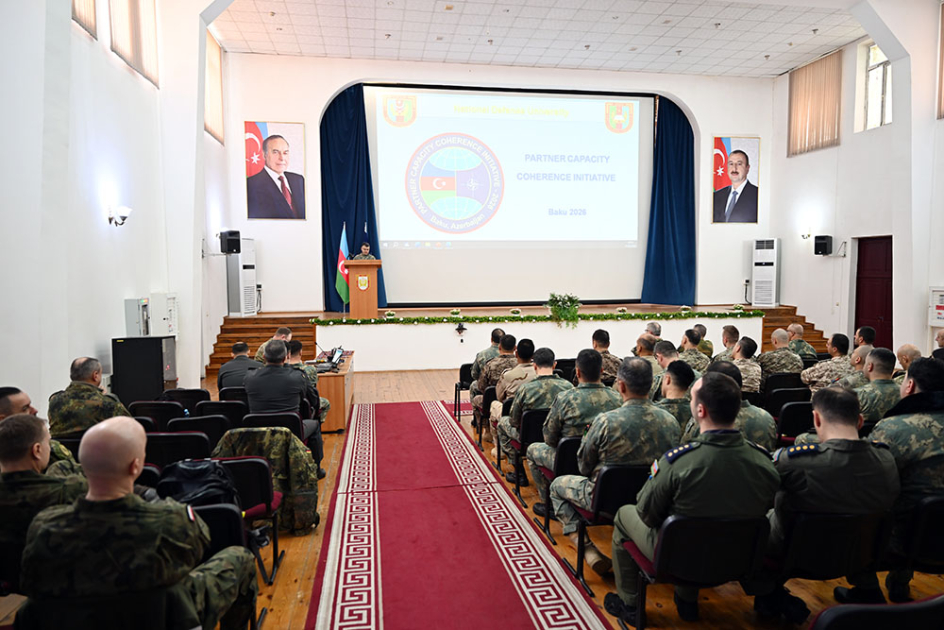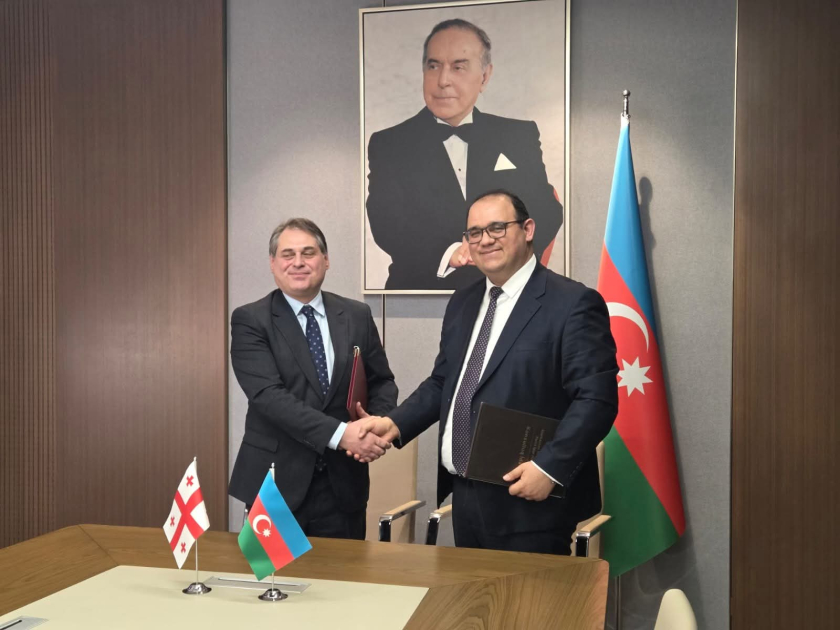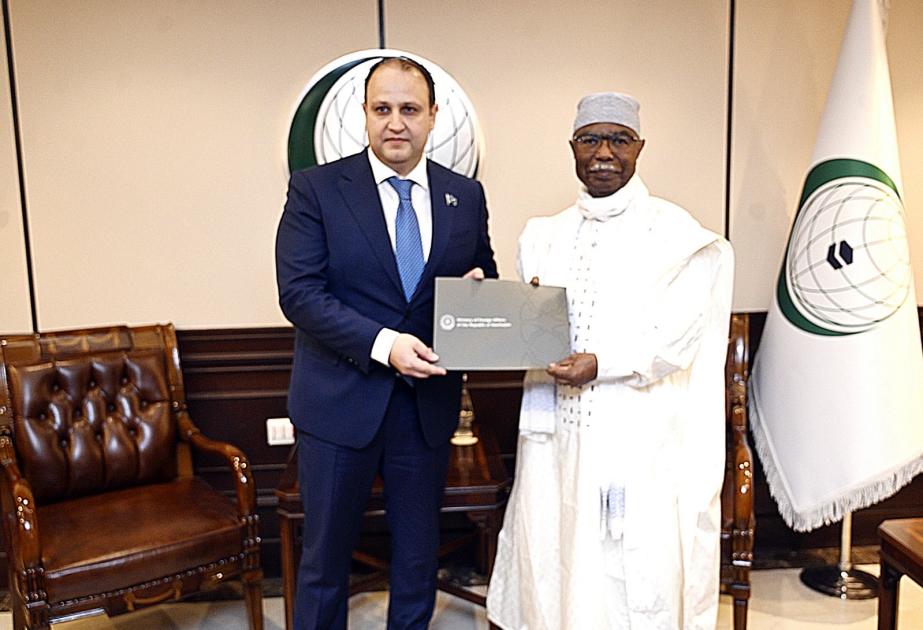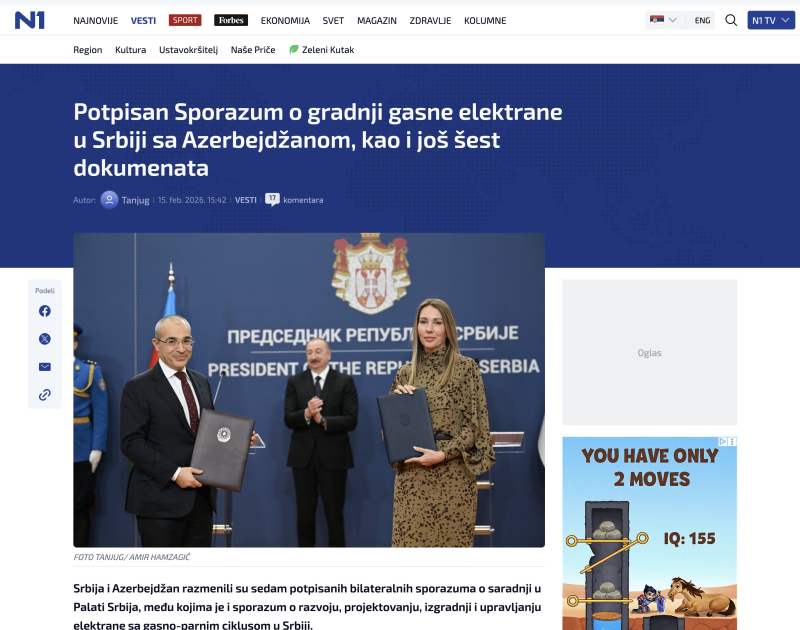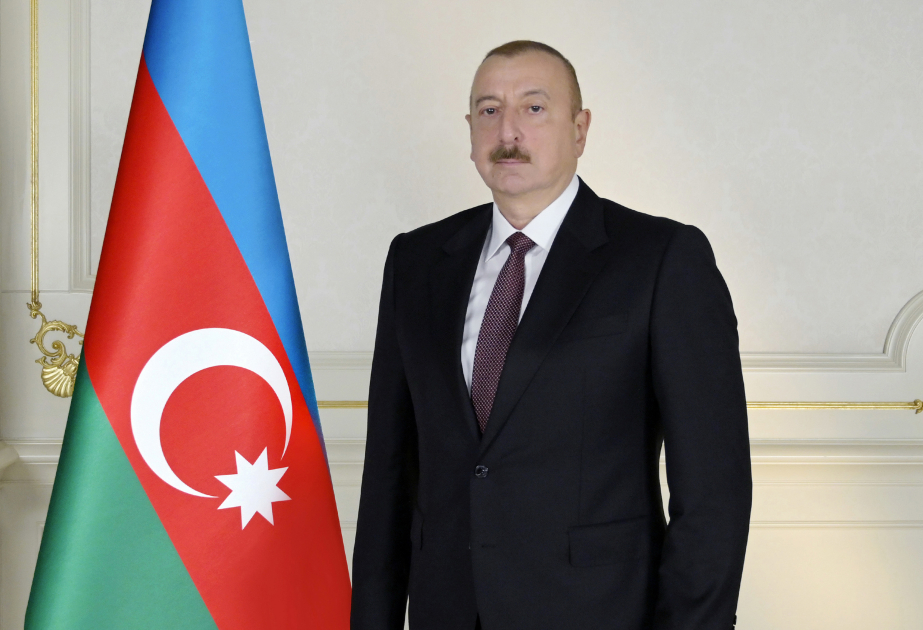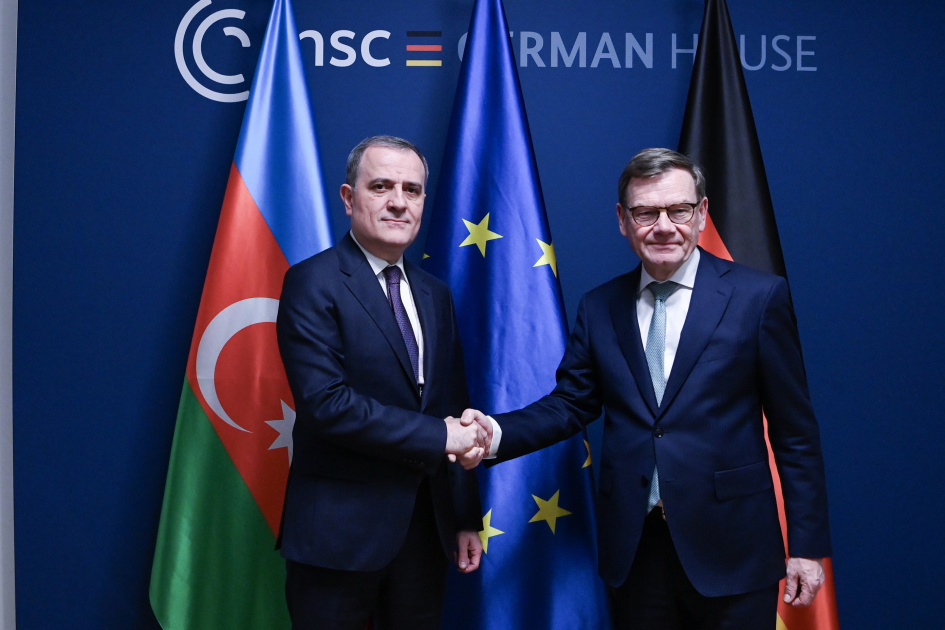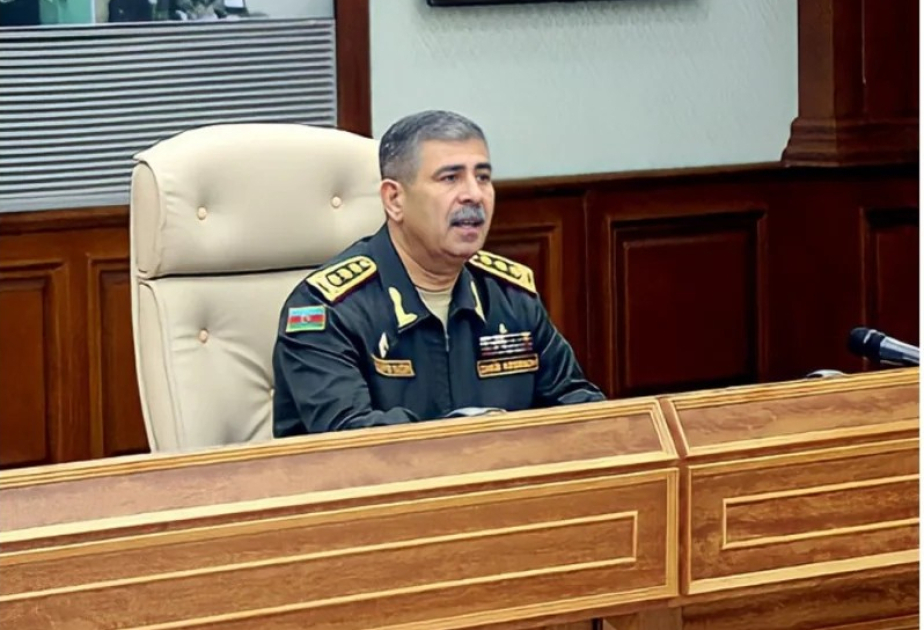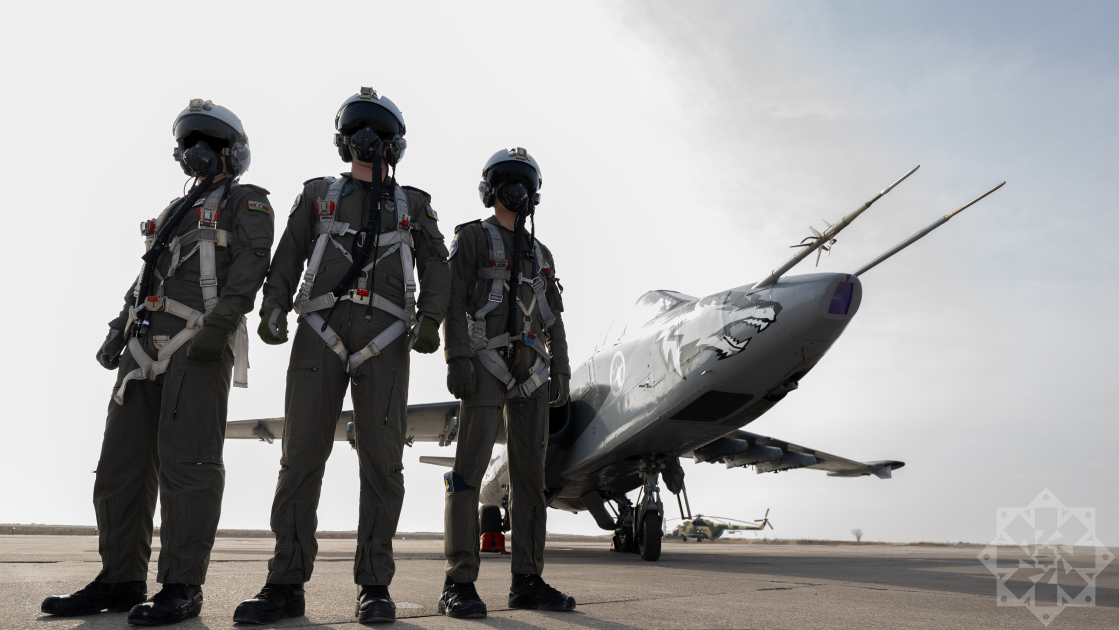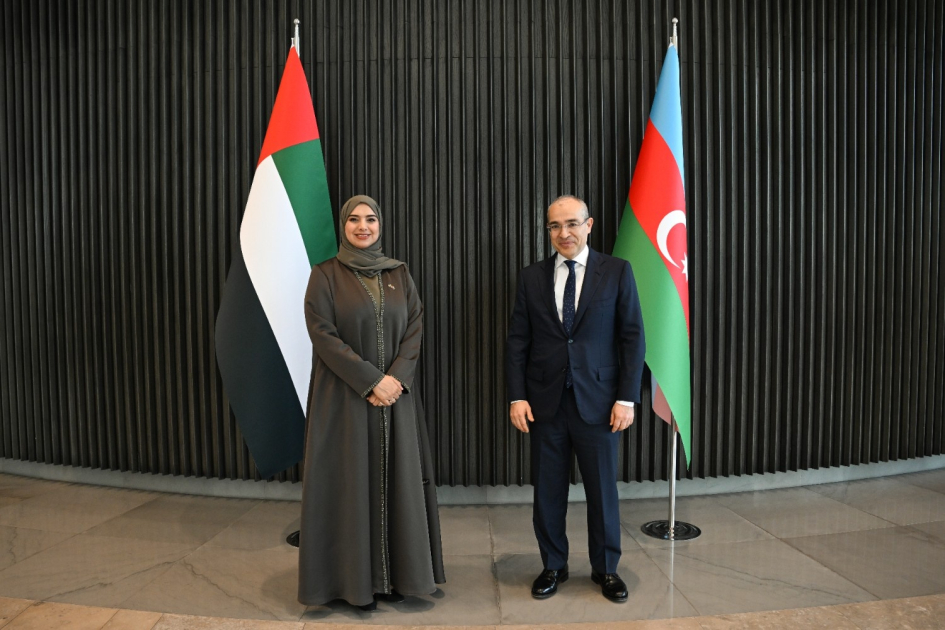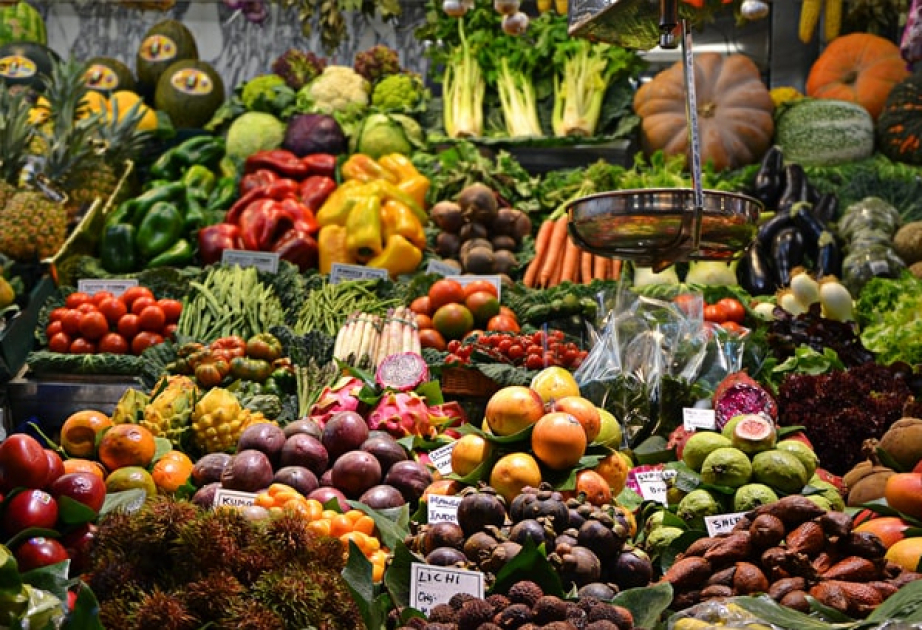Azerbaijani Commissioner for Human Rights (Ombudsman) Sabina Aliyeva has issued a statement on the 32nd anniversary of Khojaly Genocide.
The statement reads: “Thirty-two years have passed since the Khojaly Genocide, one of the most horrific crimes against humanity in the history of mankind, which proves Armenia's policy of ethnic hatred and genocide against Azerbaijanis.
On the night of February 25 to 26, 1992, Khojaly city was occupied by Armenian armed forces with the participation of the 366th Motor Rifle Regiment of the former Soviet Army, and the local population was subjected to genocide, and the city was completely destroyed.
As a result of the act of genocide, fundamental human rights and the norms and principles of international humanitarian law were severely violated. A total of 613 residents of Khojaly, including 63 children, 106 women, and 70 elderly individuals, were mercilessly killed. Eight families were completely annihilated, and 25 children lost both parents, while 130 children lost at least one parent. Among the wounded, 76 were children, and 487 individuals were severely wounded. Of those killed, 56 were subjected to particularly cruel methods, including being burned alive, having their scalps peeled off, and enduring other horrifying forms of torture. In addition, the fate of 150 individuals, including 68 women and 26 children, among the 1275 taken hostages remains unknown until today.
The mass killing in Khojaly constituted severe violations of international conventions such as the Geneva Conventions on the Protection of War Victims, the Convention against Torture and Other Cruel, Inhuman or Degrading Treatment or Punishment, the Convention on the Elimination of Racial Discrimination, the Convention on the Rights of the Child, the International Covenant on Civil and Political Rights, the International Covenant on Economic, Social, and Cultural Rights, and grossly infringed upon the fundamental right to life.
Thirty years ago, by the initiative of National Leader of the Azerbaijani people, Heydar Aliyev, the Khojaly Genocide was politically and legally evaluated for the first time by the Parliament of the Republic of Azerbaijan, and consequently, 26 February was declared the Day of the Khojaly Genocide.
The campaign "Justice for Khojaly," organized and continuously implemented by the Heydar Aliyev Foundation and aimed at international recognition and legal and political evaluation of this criminal act, is of great importance in terms of enhancing public awareness of this tragic event at the international level and demonstrating significant resistance against mass killings, ethnic cleansing, and cases of racial, religious, and ethnic discrimination. As a result of the activities carried out within the framework of the campaign, the legislative bodies of 17 countries, 24 states in the United States, as well as the Organization of Islamic Cooperation, and the Organization of Turkic States, condemned this heinous mass killing, recognized it as genocide, and adopted relevant decisions and resolutions.
The discovery of mass places of burial found in Aghdam, Shusha, Khojavend, Fuzuli, and Kalbajar districts after the Second Karabakh War and local anti-terror operations carried out last year, as well as during the building and reconstruction and exploration activities in the liberated territories, and also some time ago near the Asgaran fortress close to Aghdam district, which is close to Khojaly, signs of torture on the human remains in those mass graves reaffirm the brutal killing of our compatriots during the act of genocide in Khojaly and the implementation of the policy of genocide against Azerbaijanis.
Despite numerous appeals from our side, Armenia has not made any efforts to determine the fate of nearly four thousand missing persons and nor has it provided information about the mass graves where our compatriots, who were subjected to torture and killed, are buried.
International organizations and the global community must undertake a legal assessment of the Khojaly Genocide, widely acknowledged as one of the most significant massacres of the 20th century. It is crucial that those accountable for this grave crime against humanity are brought to the court of justice for prosecution.”
The statement is addressed to the UN Secretary-General, UN Security Council, UN Office of High Commissioner for Human Rights, UN Office of High Commissioner for Refugees, UN Human Rights Council, the United Nations Children’s Fund, the United Nations Educational, Scientific and Cultural Organization, European Union, Council of Europe, Organization for Security and Co-operation in Europe, International and European Ombudsman Institutions, Asian Ombudsman Association, Turkic states Ombudsman Association, Organization of Islamic Cooperation and the Ombudsman Association of its member states, Independent Permanent Human Rights Commission of the Organization of Islamic Cooperation, European Network of Ombudspersons for Children, International Peace Bureau, foreign ombudsmen and national human rights institutions, embassies of the Republic of Azerbaijan and the foreign embassies in Azerbaijan, as well as to the Azerbaijani Diasporas.


